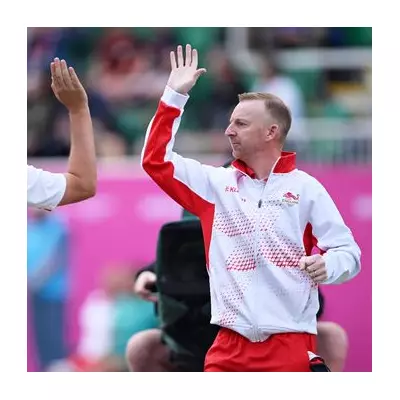
Louisiana State University's basketball star Flau'jae Johnson has found herself at the centre of a heated campus controversy after a viral social media confrontation involving a statue of conservative commentator Charlie Kirk.
The Viral Moment That Set Social Media Alight
Johnson, known for her dynamic performances on the court, captured national attention when she shared footage of herself challenging the presence of Kirk's statue on LSU's campus. The emotional video shows the talented athlete expressing strong disapproval of the political figure's representation in university grounds.
'This doesn't represent our university,' Johnson declared in the now-viral clip, capturing the raw emotion that would soon divide social media platforms and spark intense debate about political expression in educational institutions.
Campus Divided: Support and Criticism Flood In
The immediate aftermath saw social media platforms become battlegrounds for competing viewpoints. Supporters praised Johnson for speaking out against political figures they believe don't align with university values, while critics questioned the appropriateness of her approach.
'Free speech works both ways,' one commentator noted, highlighting the complex nature of campus political discussions. 'Students have every right to question which figures their university chooses to honour.'
Beyond Basketball: Athletes as Social Commentators
Johnson's outspoken stance continues the growing trend of college athletes using their platforms to address social and political issues. No longer confined to their sporting achievements, modern student-athletes are increasingly vocal about campus governance and political representation.
The incident raises important questions about the role of athletes in campus political discourse and whether universities are prepared for this new era of athlete activism.
University Response and Ongoing Dialogue
While LSU administration has yet to release an official statement, campus sources indicate that discussions about the statue's placement and the broader issues of political representation are ongoing. The controversy has undoubtedly sparked deeper conversations about whose legacies should be celebrated in educational environments.
As the debate continues, one thing remains clear: the intersection of sports, politics, and campus life has never been more prominent, and student voices like Johnson's are leading the charge for change.





